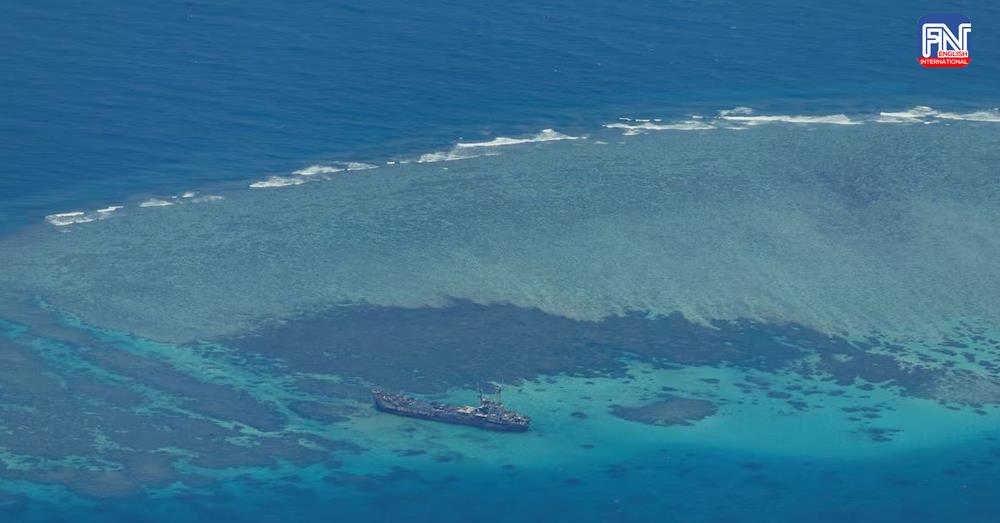MANILA, Jun. 7 (Reuters) - The Philippine coast guard on Friday accused its Chinese counterpart of blocking efforts to evacuate a sick member of its armed forces in the South China Sea, calling its actions "barbaric and inhumane".
The incident, which the Philippines said took place last month, involved a member of a small contingent of marines posted to guard the BRP Sierra Madre, a Philippine vessel grounded at the disputed Second Thomas Shoal, the site of repeated confrontations with China this past year.
Coast Guard spokesperson Jay Tarriela said coast guard and navy boats were harassed by Chinese vessels, despite having informed them the operation was of a medical nature.
"The barbaric and inhumane behaviour displayed by the China Coast Guard has no place in our society," Tarriela said in a statement.
China's embassy in the Philippines has acknowledged a request for comment, but did not immediately respond with a statement.
Tarriela said the Chinese coast guard "engaged in dangerous manoeuvres and even intentionally rammed" a navy boat while it was transporting the sick personnel.
"What should have been a simple medical evacuation operation was subjected to harassment," Tarriela said.
Philippine military chief Romeo Brawner said on Tuesday the first attempt to transport the sick soldier to the western province of Palawan failed after they were blocked by the Chinese.
Another attempt was made the next day with the help of the Philippine coast guard and the soldier was successfully evacuated, Brawner said.
China claims almost the entire South China Sea, a conduit for more than $3 trillion in annual ship commerce, and has deployed hundreds of coast guard vessels as far as 1,000 km off its mainland to police what it says is its jurisdiction.
The Philippines and China have sparred repeatedly this past year near disputed features that fall in Manila's exclusive economic zone. China routinely accuses the Philippines of encroachment while Manila and its allies have condemned what they calls aggression by Beijing.
In 2016, the Permanent Court of Arbitration in the Hague said China's claims had no legal basis, a decision Beijing has rejected.
